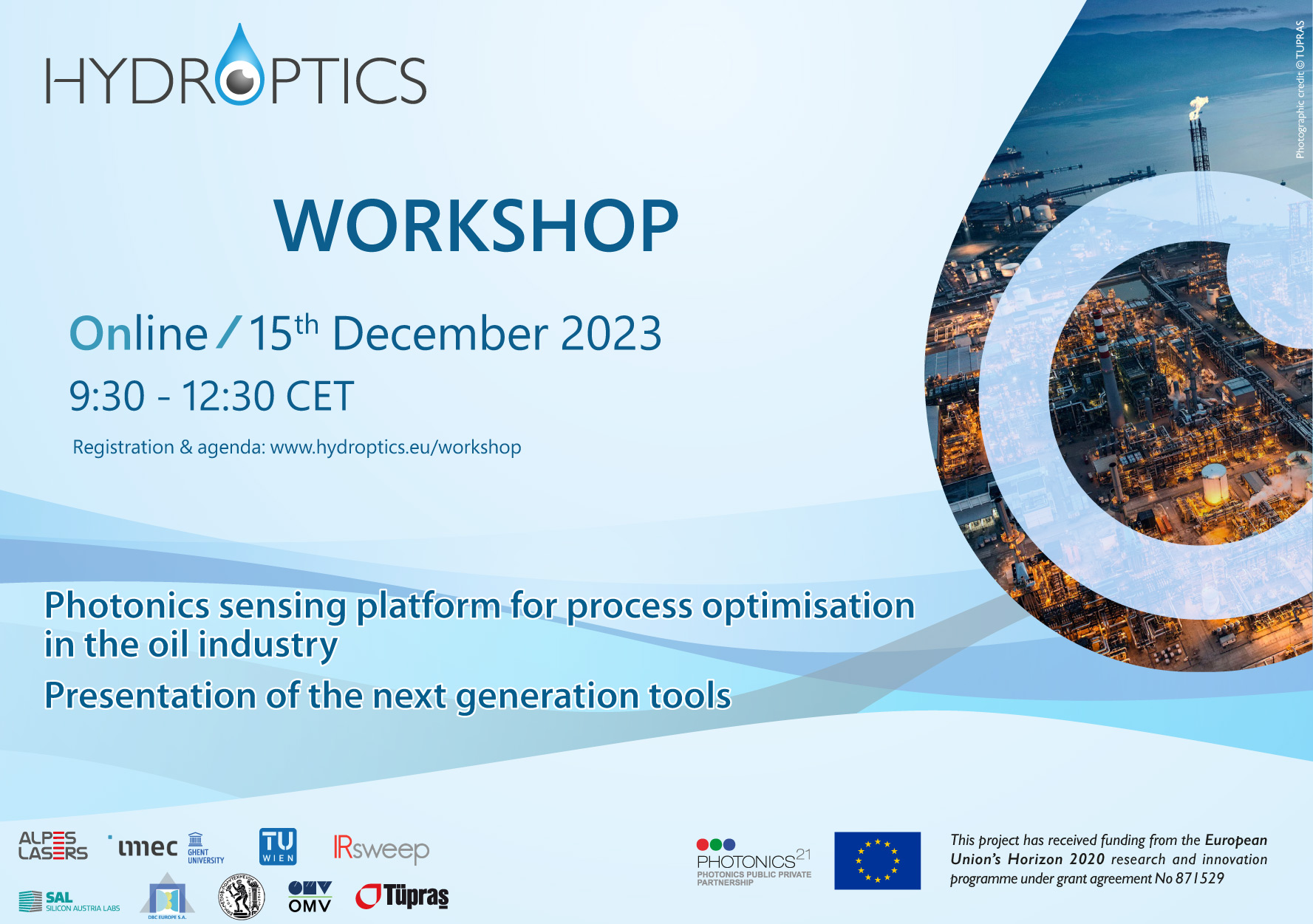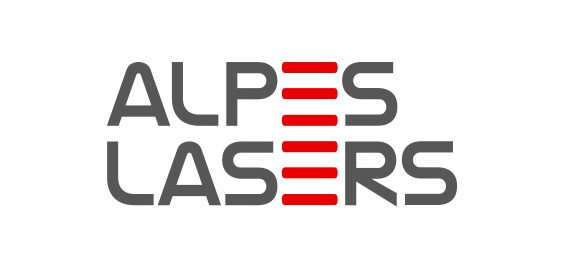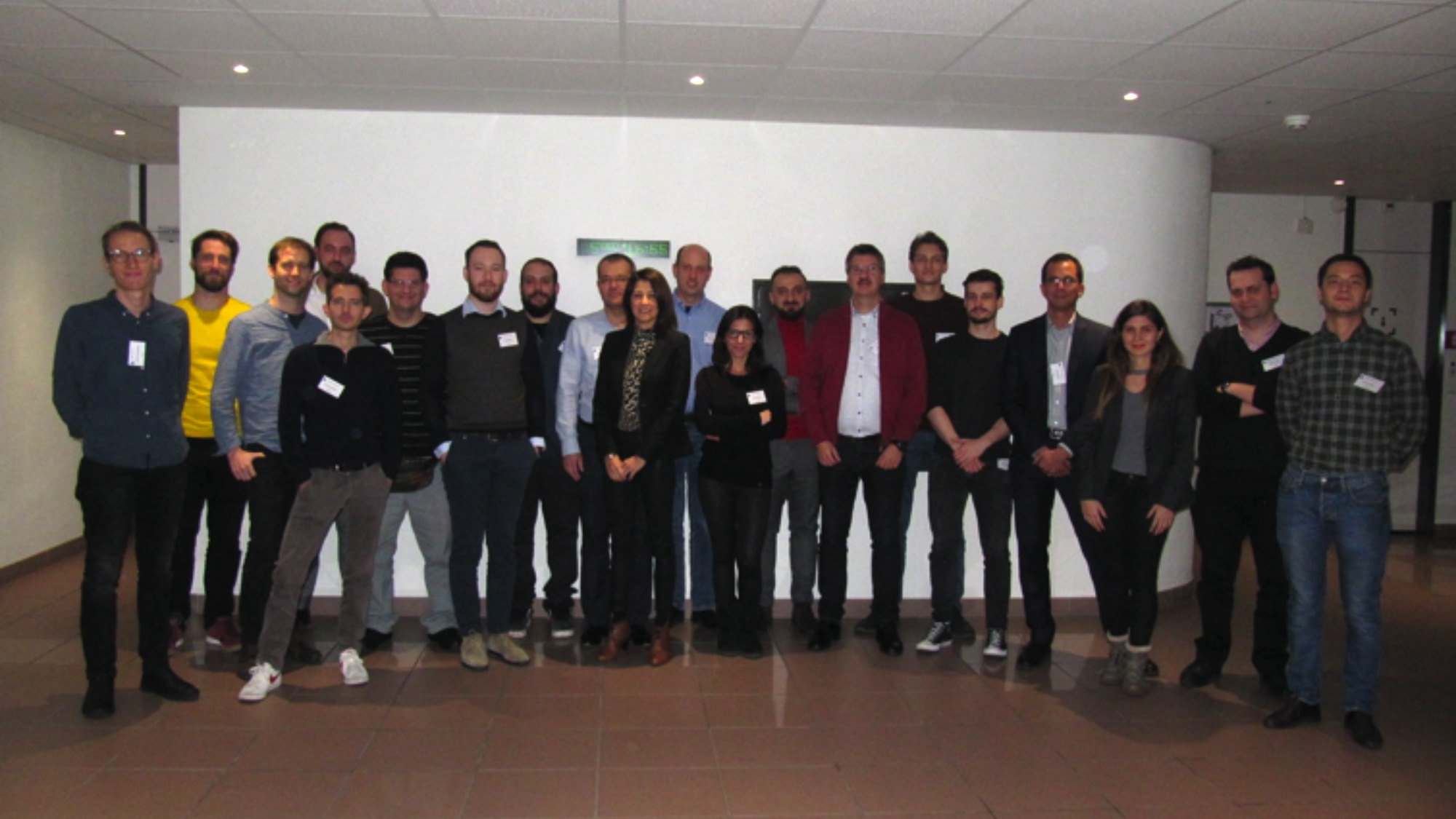
Online – December 15th, 2023
9.30 – 12.30 CET
Please register for the workshop using this link (Webex platform)
About the workshop: Photonic-based technologies hold the potential to revolutionize several sectors such as the oil & gas industry via both industrial processes optimization and advanced monitoring of the impact to the environment. HYDROPTICS, a research project funded under the Horizon 2020 framework by the European Commission, developed reliable, cost-effective, and high-accuracy monitoring solutions of produced water quality involved in up- and downstream processing in the oil industry based on novel mid-IR laser sources. The technological portfolio of the project also includes combination of the data from the new sensors with readily available process data, and a digital twin of the process apparatus to gain in-depth process understanding based on machine learning approaches. The outcome of the project is presented in the workshop.
First, Dr David Gachet from Alpes Lasers SA, a world leader in advanced mid-IR sources, and the HYDROPTICS coordinator will give an overview of the project.
Then, Prof. Benedikt Schwarz from the Technical University of Vienna will introduce dual-comb spectroscopy, one of the key technologies used in Hydroptics’ mid-IR analyzers.
The presentation of Dr Dongbo Wang from IMEC & Ghent University will focus on the innovative integration of dual mid-IR lasers on a silicon photonics platform, an important step toward the integration and miniaturization of sensors.
Dr Haddadi Bahram from the Technical University of Vienna will present a compact solution for continuous sample conditioning developed within the project, which was tailored for the needs of the industry.
Dominik Wacht from the Technical University of Vienna will present the novel mid-IR analyser developed within the project, which was tailored for the needs of the industry.
Dr Thomas Arnold from Silicon Austria Labs will describe a second technology developed by HYDROPTICS to characterise oil particles.
Finally, Dr Martin Datler from OMV will explain the value of field-testing analysers.
AGENDA
| 10’ | HYDROPTICS – the challenge and solutions
Dr David Gachet, Alpes Lasers SA |
| 20’ + 10’ Q&A | Coherent control of FM-combs with radio-frequency injection
Prof. Benedikt Schwarz, Technical University of Vienna |
| 20’ + 10’ Q&A | Innovative Integration of Dual-DFB Quantum Cascade Lasers on Silicon Photonics Platform
Dr Dongbo Wang, IMEC & Ghent University |
| 20’ + 10’ Q&A | Compact Solution for Continuous Sample Conditioning
Dr Bahram Haddadi, Technical University of Vienna |
| 20’ + 10’ Q&A | Novel mid-IR analyser for the oil industry
Dominik Wacht, Technical University of Vienna |
| 20’ + 10’ Q&A | The Hydroptics particle sensing system
Dr Thomas Arnold, Silicon Austria Labs |
| 20’ + 10’ Q&A | The value of field-testing online analysers
Dr Martin Datler, OMV |
Privacy notice: Participation in the event implies a simple registration of the participants. The data collected will not be stored or used in any manner or for any purpose further to the sending a reminder email prior to the event and sharing the link to attend the meeting. The data are collected by the HYDROPTICS project coordinator (Alpes Lasers SA) using the WebEx platform. For any inquiries, please contact the HYDROPTICS coordinator at: coordination@hydroptics.eu
The workshop was recorded and will be put online very soon.



